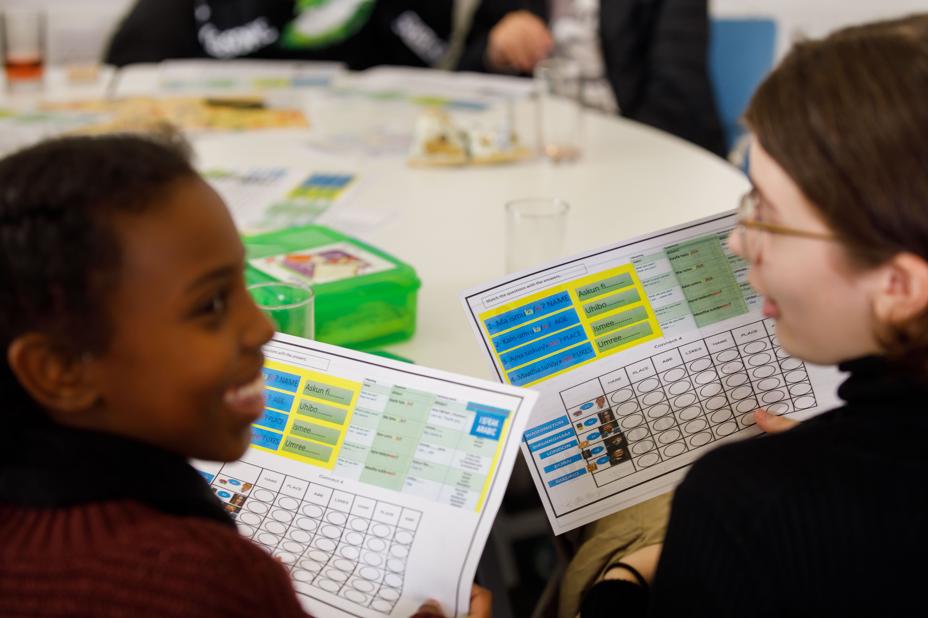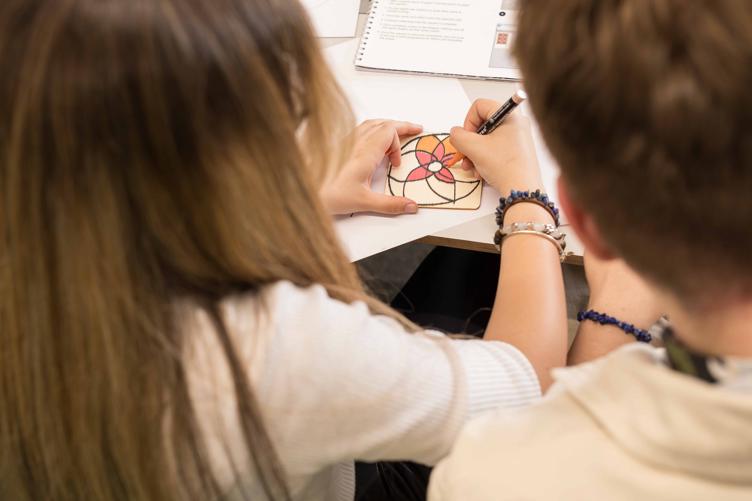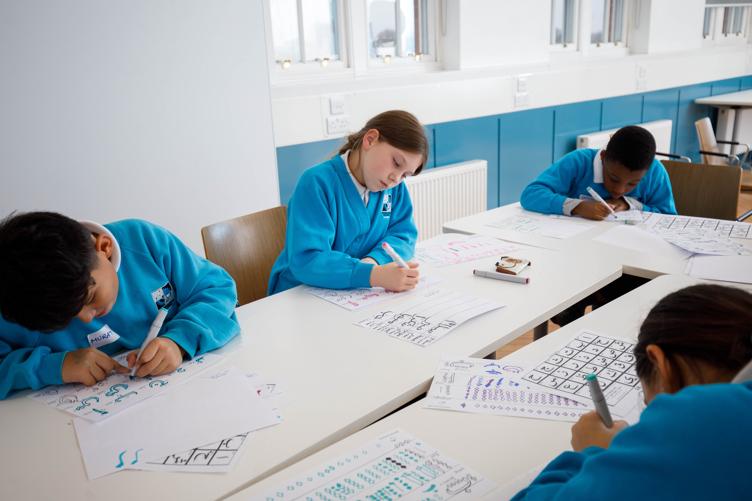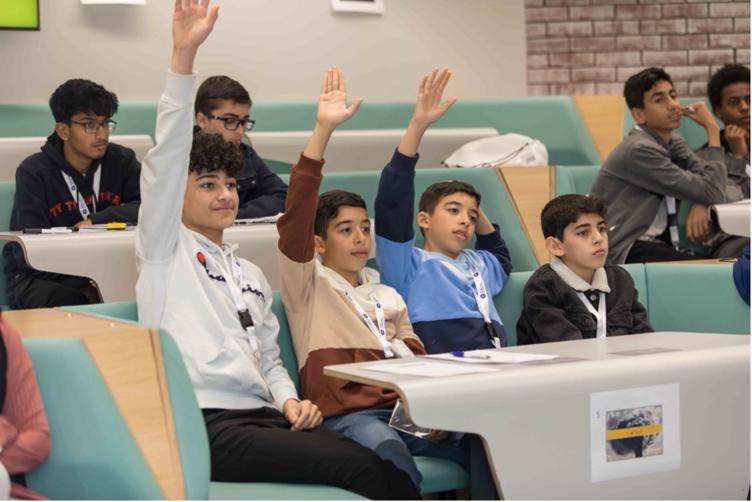
Something went Wrong
Try entering your email again or contact us at support@qfi.org
Try entering your email again or contact us at support@qfi.org
You’ll receive an email with a confirmation link soon.
Oct 31, 2024
By Fauzia Saeed
Attending a two-day Forum at the Department of Education at the renowned Oxford University, I had the privilege of engaging with a diverse group of Arabic teaching professionals from the USA, the Netherlands, Sweden, Australia, Germany, Spain, Italy, and across the UK. The forum brought together teachers, academics, and decision-makers to address the disconnect between research and practice in teaching Arabic in non-Arabic-speaking countries. While considerable research exists in this field, it predominantly focuses on higher education and adult learners. There is a significant gap in research concerning primary and secondary school students, who may have lower proficiency levels and different motivational profiles. The primary aim of this forum was to encourage collaboration between educators and researchers to bridge these gaps and strengthen the link between research and practice.
This prompted me to reflect on two key points:
At present, and due to the high demand, some schools are now starting to embrace and support the learning of non-European languages or what it’s called Home and community languages, such as Arabic, Turkish, Portuguese and Urdu. These languages are mainly offered as extracurricular subjects and often offered to those who speak it at home. National assessments also now acknowledge and recognise proficiency in these languages offering GCSE and GCE accreditation. Moreover, government policies expect students to study Modern Foreign Languages—including community languages such as Arabic— at Key Stage 3 (ages 11-14), with the assumption of continuing their studies through GCSE (ages 14-16) and GCE Advanced levels (ages 16-18). This, thankfully, led to a growing number of students pursuing Arabic language studies.
Due to government commitments to strengthen language education across the national curriculum, the government set an ambitious goal to increase the uptake of language GCSEs by 2025.
From the government’s perspective, this vision might appear attainable, as a significant number of students are inherently bilingual in UK schools. Moreover, over 20% of students in state funded schools are already registered as having English as an Additional Language (EAL), referring to students whose first language is not English. These students typically speak their mother tongue at home while using English as their primary language in educational and social settings. Bilingualism already provides a strong foundation for learning additional languages and can support the government's language education objectives.
Despite these ambitious goals, there remains a notable discrepancy between policy and practice, particularly for non-European languages like Arabic. A study by the British Educational Research Association (BERA), conducted by researchers from the University of Cambridge of a sample of (n=998) Secondary schools in England, reveals significant gaps in the implementation of language education policies. The research highlights the challenges faced by learners, especially those with English as an Additional Language (EAL), and points to systemic issues within the educational framework.
The study found that many schools incorrectly classify EAL as a "special educational need," contrary to government guidelines, and enforce "standard English" policies that marginalise speakers of non-standardized forms of English. Such practices can negatively impact students' self-esteem and classroom participation (Snell & Andrews, 2017). The research advocates for the development of localised language policies that better align with community needs and suggests the creation of a toolkit for unified language approaches. This situation reflects broader social justice concerns, highlighting systemic biases that disadvantage students based on their linguistic backgrounds and perpetuate inequality.
Inconsistent national-level language policies result in varied practices across schools. Teacher attitudes toward language use range from supporting bilingualism to enforcing English-only policies, leading to disparities within and between schools. Although some teachers support bilingualism, monolingual ideologies often prevail, impacting home language use and community language preservation. This tension between pedagogical goals and societal monolingualism underscores the challenges of promoting language learning and multilingualism within the curriculum.
The BERA research also found that, while Modern Foreign Language policies in England mandate language study from ages 7 to 14, only half of students continue to study a language at the GCSE level beyond age 14. Factors such as English's global dominance, the impact of Brexit, stringent grading systems contribute to low motivation among students and school cultures. Schools typically offer European languages, highlighting the need for a more inclusive and integrated approach to language education.
Without clear national guidance, schools struggle with complex language education issues, highlighting the need for comprehensive school-level policies.
To move forward and successfully implement the government's vision in schools, it is crucial to establish school-level language policies that promote linguistic diversity and bilingualism from the early stages, ensuring equitable support for all students. This requires providing sufficient resources and training for teachers, while fostering a culture that values all languages equally. National-level guidance and support are also essential to maintain consistency and inclusivity in language education across the country. By bridging the gap between policy and practice, we can enhance the presence of Arabic in schools, apply research effectively, and implement best practices to enrich language education.
Fauzia is a dedicated Arabic language educator and consultant with over a decade of experience in teaching and promoting the Arabic language in British schools. Appointed as Hampstead School's first Arabic teacher in 2013, she developed an inclusive Arabic language program that serves native speakers, heritage learners, and non-Arab students. With a background in private and supplementary schools, Fauzia has honed her skills in addressing diverse learning needs and fostering a deep appreciation for Arabic language and culture. Fauzia is passionate about advancing the presence of Arabic in mainstream education and regularly contributes to discussions on language policy and pedagogy.




